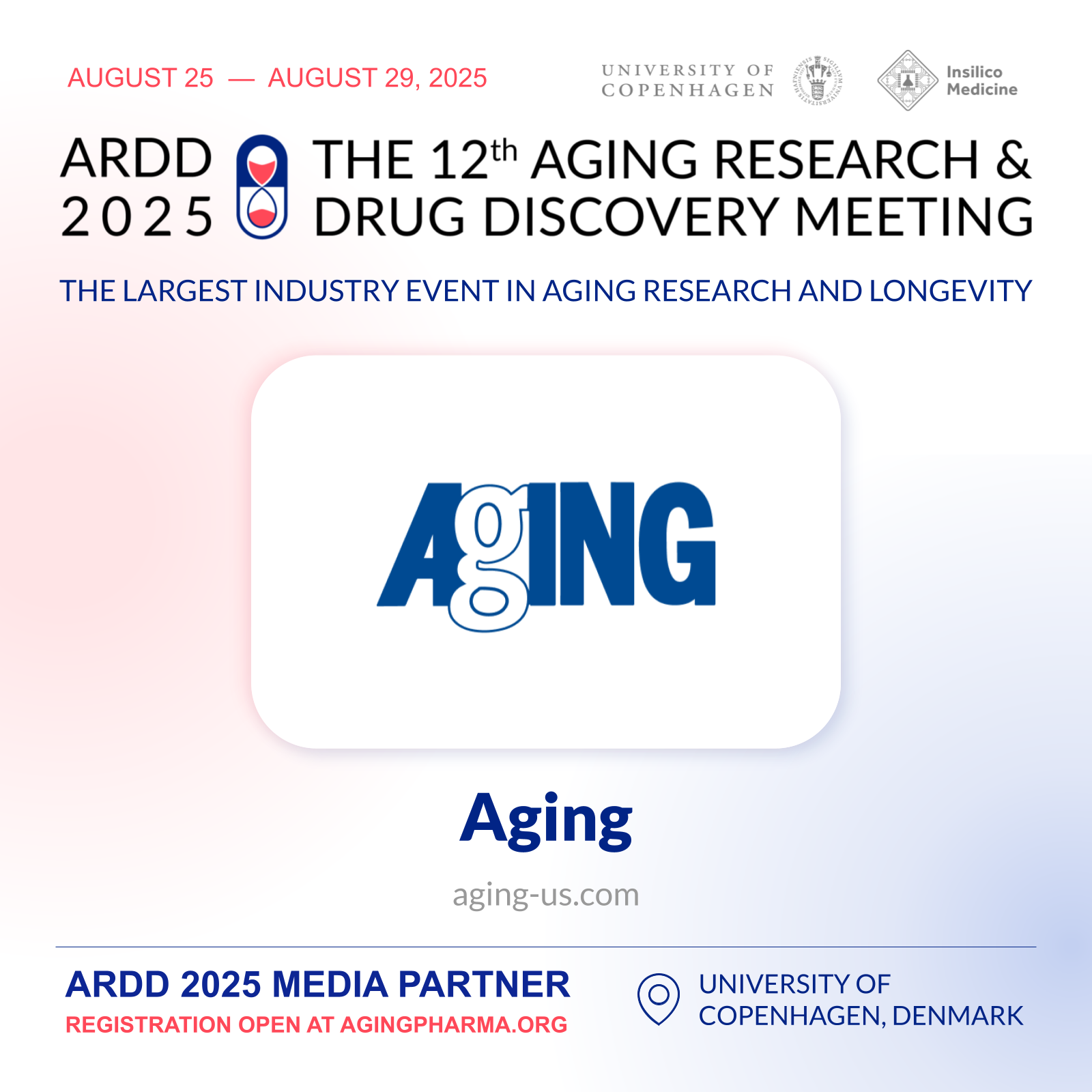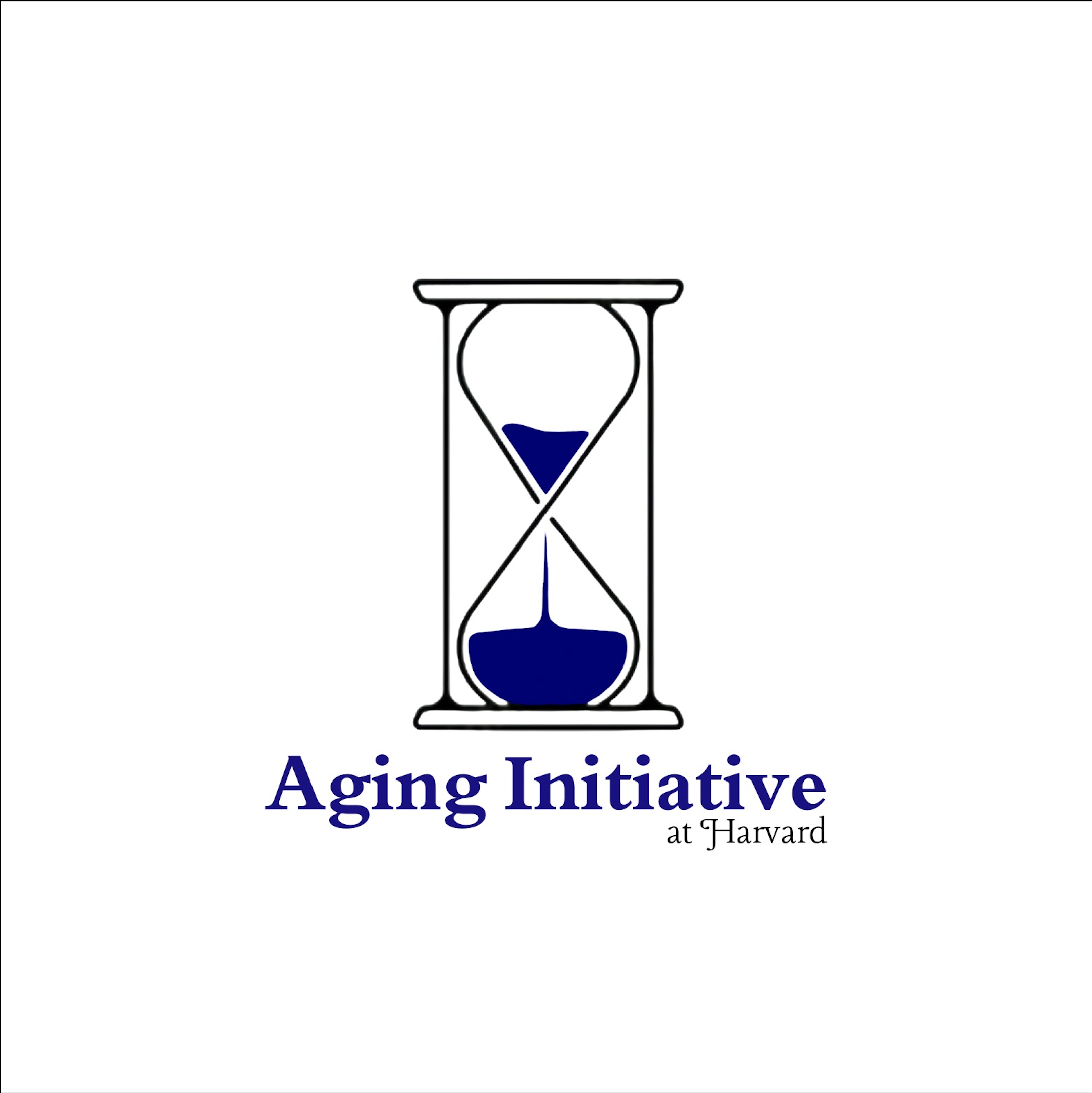This article is currently under investigation. We strongly recommend that this article is not cited until the investigation is completed.
Research Paper Volume 13, Issue 1 pp 411—423
The improved anticancer effects of Bortezomib-loaded hollow mesoporous silica nanospheres on lymphoma development
- 1 Department of Hematology, Centre Hospital of Cangzhou, Cangzhou, Hebei Province, China
- 2 Department of Central Laboratory, Centre Hospital of Cangzhou, Cangzhou, Hebei Province, China
Received: May 26, 2020 Accepted: October 1, 2020 Published: December 3, 2020
https://doi.org/10.18632/aging.202146How to Cite
Copyright: © 2020 Shen et al. This is an open access article distributed under the terms of the Creative Commons Attribution License (CC BY 3.0), which permits unrestricted use, distribution, and reproduction in any medium, provided the original author and source are credited.
Abstract
As the first clinical proteasome inhibitor, Bortezomib (BTZ) has been reported to improve the outcome of lymphoma. However, due to the unstable property, low bioavailability, and hydrophobic properties of BTZ, it is needed to develop effective drug delivery systems to deliver BTZ into targeted cells or organs. Here we developed a bortezomib (BTZ)-loaded HMSNs (BTZ@HMSNs) system, which can sustain the release of BTZ in targeted tissues. In vitro assays showed that BTZ@HMSNs limited cell proliferation and augmented apoptosis of lymphoma SNK-1 cells. Moreover, BTZ@HMSNs significantly diminished migration and invasion of SNK-1 cells as compared with BTZ. In contrast to the upregulation of SHP-1, BTZ@HMSNs decreased the mRNA levels of c-Kit, NF-κB, and JAK1, which elicit oncogenic role in lymphoma development. Importantly, lymphoma mice model showed that BTZ@HMSNs significantly activated p53 signaling and reduced tumor volume and weight compared with free BTZ. Our data thus demonstrate that BTZ@HMSNs manifests improved tumor-suppressing effect in vitro and in vivo compared to free BTZ. We believe that HMSNs is a promising strategy for delivering therapeutic agents for cancer treatment.




